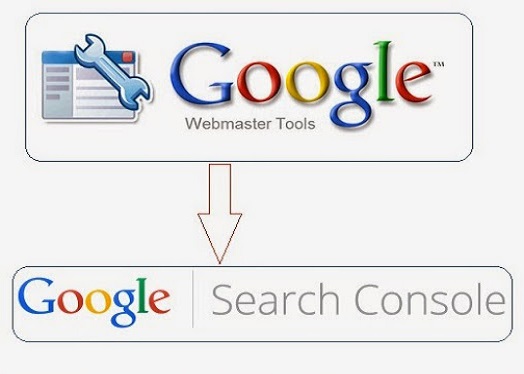You’ve installed WordPress and picked a theme, but now what?
In this article, we’ll show you how to optimize your WordPress posts and pages for SEO.
SEO, or Search Engine Optimization, is the practice of improving the ranking of a website on search engines. The higher the ranking, the more likely people are to find the site.
There are a number of factors that influence ranking, including the quality of content, the structure of the website, and the number of other sites linking to it.
While there’s no guarantee of a top spot on any given search engine, following 6 simple WordPress SEO tips can improve your chances of being found.
1. Pick a Good Domain Name
The first step in SEO is to choose a good domain name. A domain name is the address of your website, and it’s what people will type into their browser to find your site.
When choosing a domain name, keep it short, easy to remember, and relevant to your content. Avoid using hyphens or numbers, as these can make it harder for people to find your site.
If you’re having trouble coming up with a good domain name, try using a tool like Name Mesh or Wordoid.
2. Use Keywords in Your Domain Name
If you want to rank for specific keywords, you can use them in your domain name. For example, if you want to rank for “blue widgets”, you could use a domain like “bluewidgets.com”.
However, you should only use keywords in your domain if they’re relevant to your business or website. Using keywords that are unrelated to your content will hurt your SEO and damage your credibility.
3. Use Keywords in Your URLs
In addition to using keywords in your domain name, you can also use them in your URLs. For example, if you have a post about blue widgets, you could use a URL like “example.com/blue-widgets”.
Using keywords in your URL helps search engines understand what your page is about, and it can also help people remember the URL.
However, you should only use keywords in your URL if they’re relevant to your content. Using keywords that are unrelated to your content will hurt your SEO and damage your credibility.
4. Use Keywords in Your Title Tag
The title tag is the text that appears in the search engine results, and it’s one of the most important factors in ranking.
When optimizing WordPress posts and pages, you should always include a keyword in the title tag. However, you shouldn’t stuff keywords into the title tag just for the sake of it.
If you stuff too many keywords into your title tag, it will make your page look spammy, and it will hurt your SEO.
5. Use Keywords in Your Meta Description
The Meta description is the text that appears under the title tag in the search engine results. It’s another important factor in ranking, and it’s also a great opportunity to include a call-to-action.
When writing a Meta description, you should include a keyword, but you shouldn’t stuff keywords just for the sake of it. If you stuff too many keywords into your Meta description, it will make your page look spammy, and it will hurt your SEO.
6. Use Keywords in Your Heading Tags
Heading tags are used to structure the content on a page, and they range from h1 (the largest) to h6 (the smallest).
While you can use any heading tag you want, you should use h1 tags for the main title of a page and h2 tags for the subheadings.
You can also use keywords in your heading tags to help search engines understand what your page is about. However, you shouldn’t stuff keywords into your heading tags just for the sake of it.
If you stuff too many keywords into your heading tags, it will make your page look spammy, and it will hurt your SEO.
Conclusion:
These are 15 simple WordPress SEO tips that you can use to improve your chances of being found in search engines. By following these tips, you can help search engines understand what your pages are about, and you can also help people remember your URL. However, you should always avoid keyword stuffing, as it will damage your credibility and hurt your SEO.



